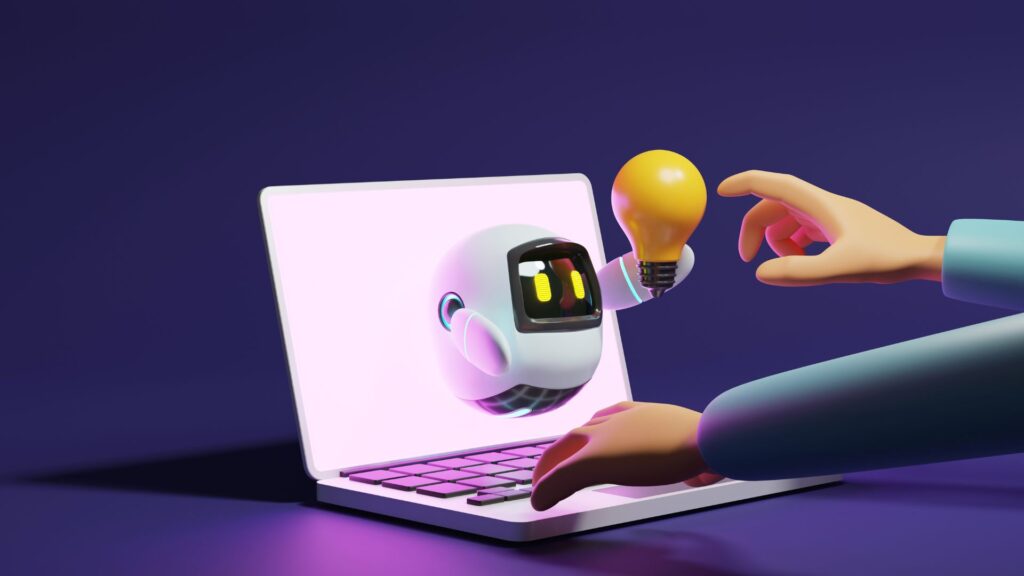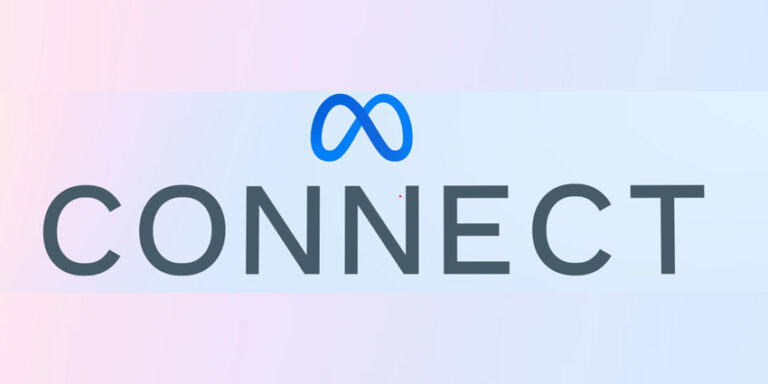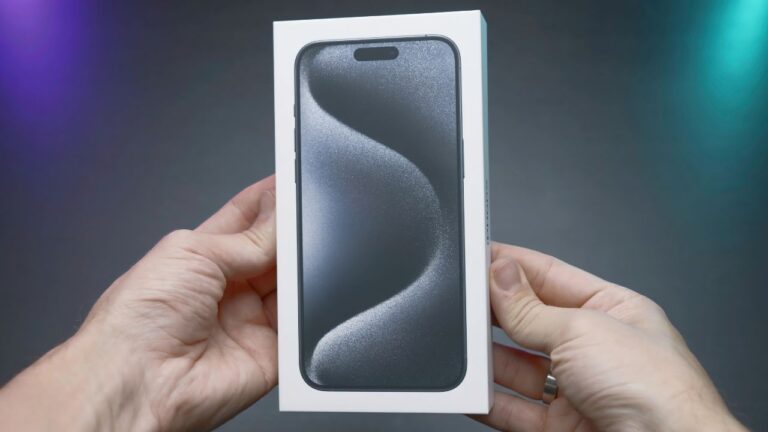
In the ever-evolving landscape of education, technology continues to play a pivotal role. One of the most recent advancements making waves is the integration of AI-powered laptops in academics. Let’s explore how these innovative tools are reshaping the way we learn and teach.
Table of Contents
ToggleUnderstanding AI-Powered Laptops
AI-powered laptops are not your ordinary devices. They are equipped with artificial intelligence capabilities that enable them to provide personalized learning experiences, assist with academic research, optimize task execution, and streamline assessments.
Personalized Learning for Every Student
Imagine having a virtual tutor tailored specifically to your learning style and preferences. AI-powered laptops make this a reality by utilizing AI bots to customize course materials and exercises for individual students. This personalization enhances engagement and leads to better learning outcomes.
Assisting Academic Research
Gone are the days of spending hours scouring through endless research papers. With AI-powered laptops, researchers have access to tools like ChatGPT, Google Gemini, and Microsoft Copilot, which can aid in tasks such as literature review and research methodology suggestions. This assistance accelerates the research process and fosters innovation.
Optimizing Task Execution
AI-powered laptops excel in optimizing hardware allocation for intensive tasks. Whether it’s running complex simulations or editing high-resolution videos, these devices ensure efficient use of resources, allowing students to push the boundaries of their capabilities.
Streamlining Assessments and Solutions
Grading assignments and providing feedback can be time-consuming tasks for educators. AI-powered laptops streamline this process by automating assessments and offering virtual tutoring services. This not only saves time but also enhances the learning experience for both students and teachers.
Challenges and Ethical Considerations
While the benefits of AI-powered laptops in academics are clear, it’s essential to address the challenges and ethical concerns they present. One such concern is the potential for AI-generated content to spread misinformation. Additionally, there are ethical implications surrounding the use of AI in education, such as data privacy and algorithm bias, which must be carefully navigated.
Conclusion
AI-powered laptops are revolutionizing the academic landscape, offering personalized learning experiences, research assistance, task optimization, and streamlined assessments. However, it’s crucial for stakeholders to approach their implementation with careful consideration of the associated challenges and ethical considerations. By doing so, we can harness the full potential of these innovative tools to enhance education for all.
FAQs
AI-powered laptops in academics are laptops equipped with artificial intelligence capabilities designed to enhance the learning and teaching experience in educational settings.
AI-powered laptops offer personalized learning experiences, assist with academic research, optimize task execution, and streamline assessments, ultimately leading to improved learning outcomes for students.
Yes, AI-powered laptops can assist with academic research by providing tools like ChatGPT, Google Gemini, and Microsoft Copilot, which aid in tasks such as literature review and research methodology suggestions.
AI-powered laptops optimize task execution by efficiently allocating hardware resources for intensive tasks, such as running simulations or editing high-resolution videos, thereby enhancing students’ capabilities and efficiency.
AI-powered laptops complement traditional teaching methods by offering personalized learning experiences and streamlining assessments, but they do not replace the essential role of educators in the learning process.
Yes, there are ethical concerns surrounding AI-powered laptops, such as the potential for AI-generated content to spread misinformation and the ethical implications of AI algorithms in education, including data privacy and algorithm bias.
AI-powered laptops personalize learning for students by utilizing AI bots to tailor course materials and exercises to individual learning styles and preferences, thereby increasing engagement and improving learning outcomes.
Yes, AI-powered laptops can be used for virtual tutoring by automating assessments and providing feedback to students, enhancing the learning experience for both students and educators.
While AI-powered laptops are becoming more prevalent in academic settings, accessibility may vary depending on factors such as budget constraints and technological infrastructure. Efforts are being made to ensure equitable access to these resources for all students.
Stakeholders can address challenges associated with AI-powered laptops by implementing responsible practices, such as ensuring transparency in AI algorithms, promoting digital literacy, and fostering open discussions about the ethical implications of AI in education.




